The Future of HVAC Technology: Trends to Watch
As we move deeper into the 21st century, advancements in technology are reshaping the landscape of heating, ventilation, and air conditioning (HVAC) systems. The HVAC industry is rapidly innovating to meet the demands of energy efficiency, environmental sustainability, and smart automation. These advancements not only promise to improve the comfort of indoor environments but also to significantly reduce energy consumption and operating costs, making the exploration of emerging HVAC trends a priority.
Smart Technology
One of the most significant trends is the integration of smart technology. Modern HVAC systems can be controlled remotely, allowing homeowners and businesses to optimize energy use around their specific needs. Intelligent climate control systems can predict usage patterns and adjust settings automatically, ensuring ideal conditions while minimizing unnecessary energy expenditure. This move towards smarter systems is driven by the promise of significant cost savings, according to the U.S. Department of Energy, which states that upgrading HVAC units can improve electric energy use by 50% and gas by 10%.
Sustainability
Another key trend shaping the future of HVAC technology is the push toward sustainability and eco-friendliness. Innovations like geothermal heat pumps and solar-powered HVAC systems are gaining popularity due to their low carbon footprint and reliance on renewable energy sources. These systems not only align with global efforts to combat climate change but also offer long-term savings by significantly reducing utility bills for consumers who invest in them. As these technologies advance and become more accessible, they will play a crucial role in shaping the sustainable homes and businesses of the future.
Compact Designs
Additionally, HVAC systems are becoming much more efficient and compact, thanks to advances in materials and design. Modern units can perform better while occupying less space, making them ideal for urban environments where space is at a premium. These space-saving designs, coupled with increased efficiency, reduce installation and maintenance costs, further lowering the barriers to upgrading to the latest technology. As HVAC units become more efficient, they not only contribute to reduced energy consumption but also enhance the overall air quality within spaces.
The future of HVAC technology is promising, with significant developments in smart systems, sustainability, and efficiency. The drive toward energy efficiency and environmental responsibility is transforming the industry, benefiting both the environment and end-users. By staying informed of these trends, consumers and businesses alike can make smarter choices that ultimately contribute to a more comfortable and sustainable future. For expert service and dependable heating repairs, contact us today at McTeer's Heating & Cooling LLC.


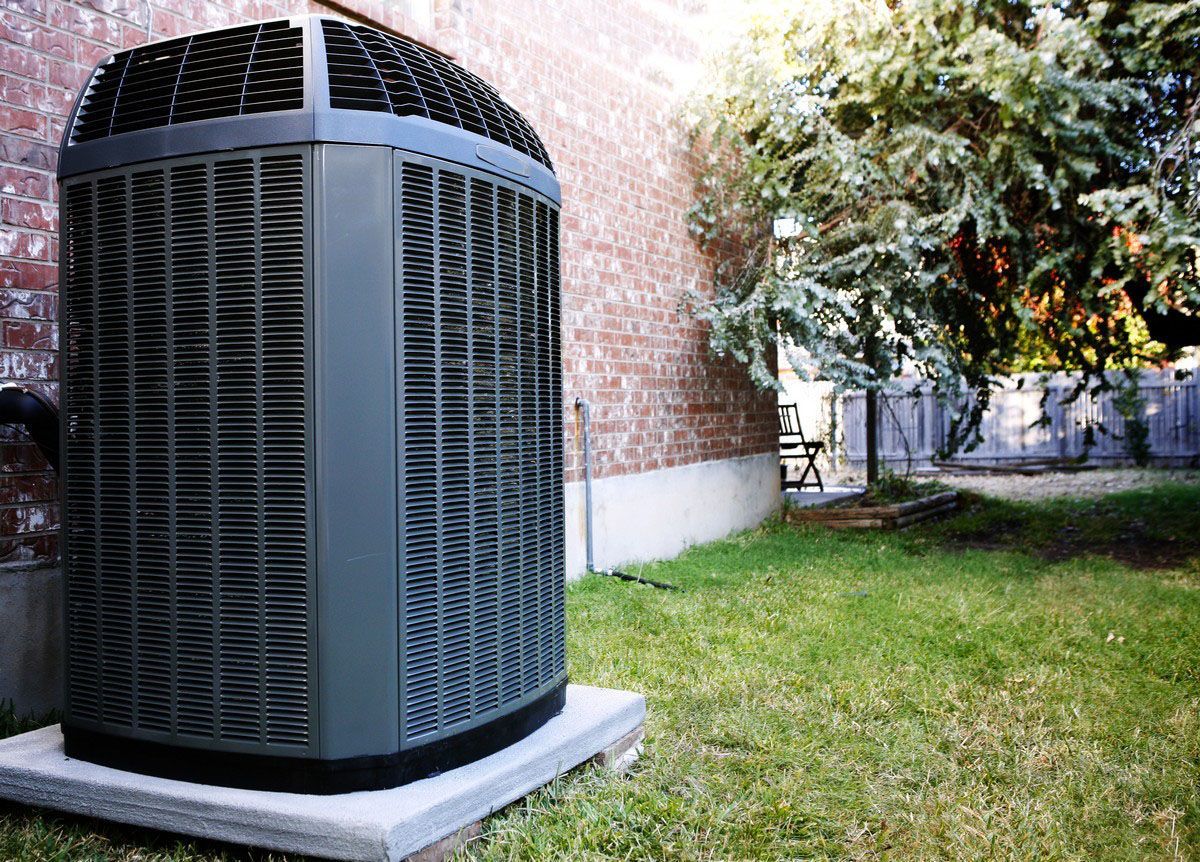
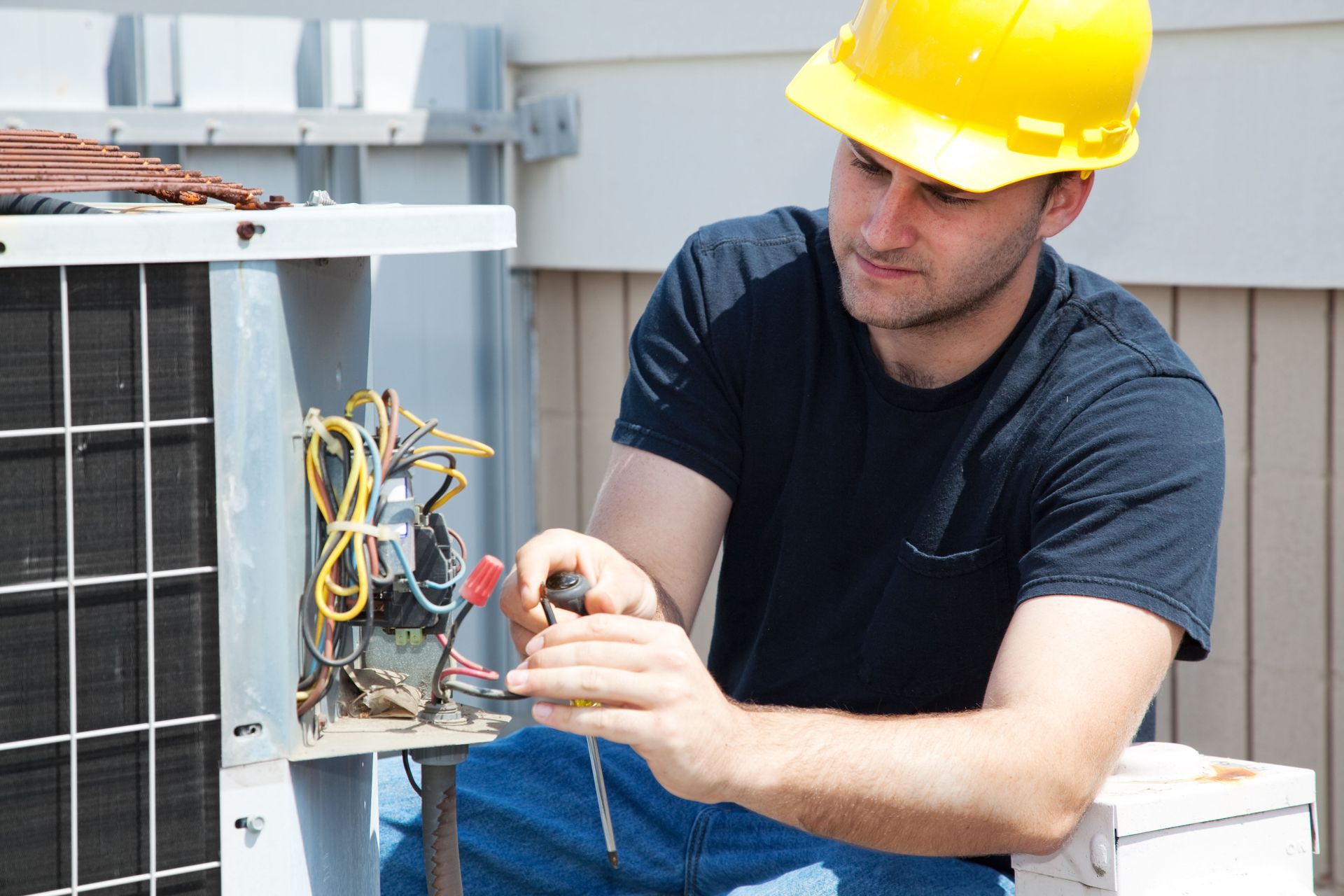

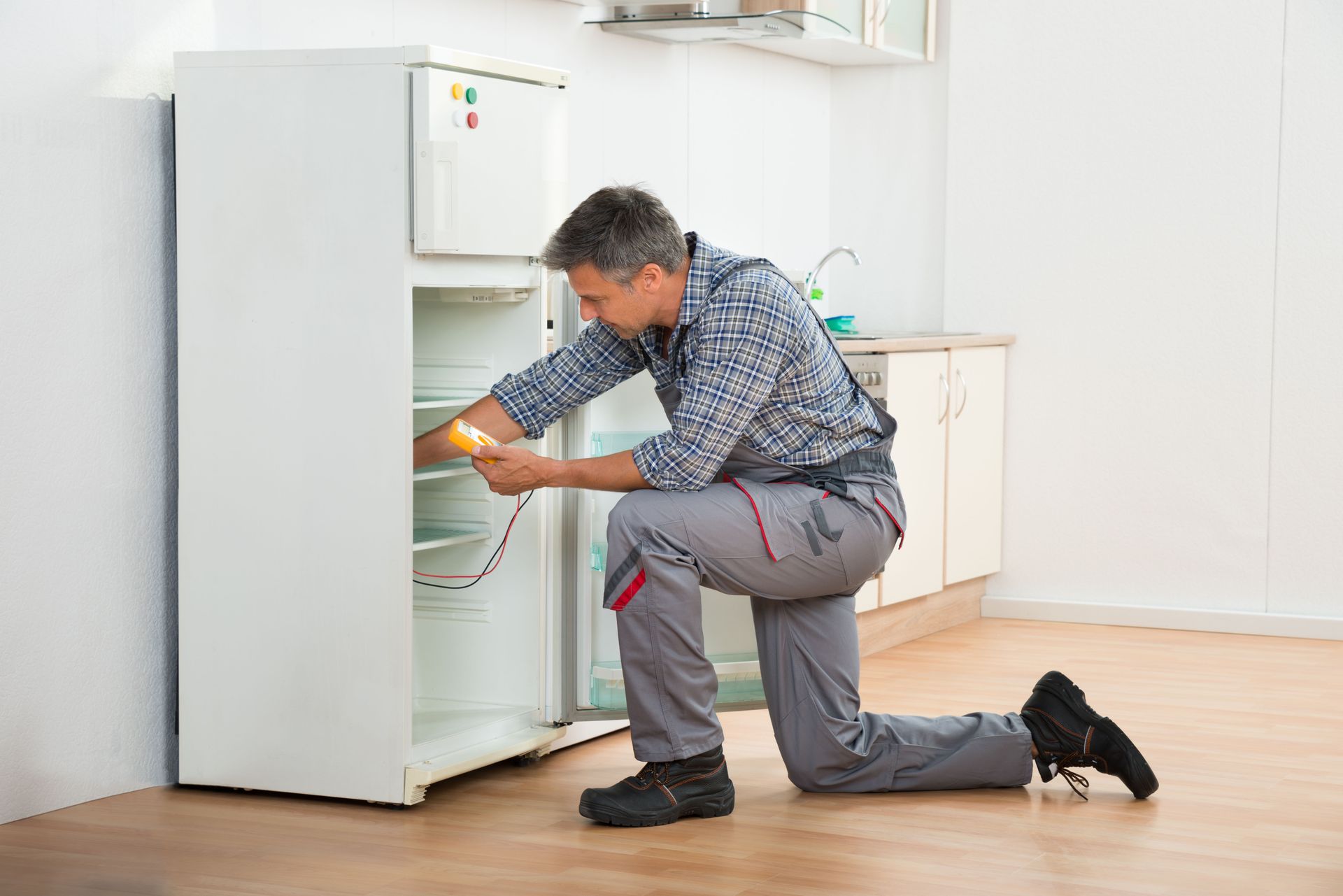
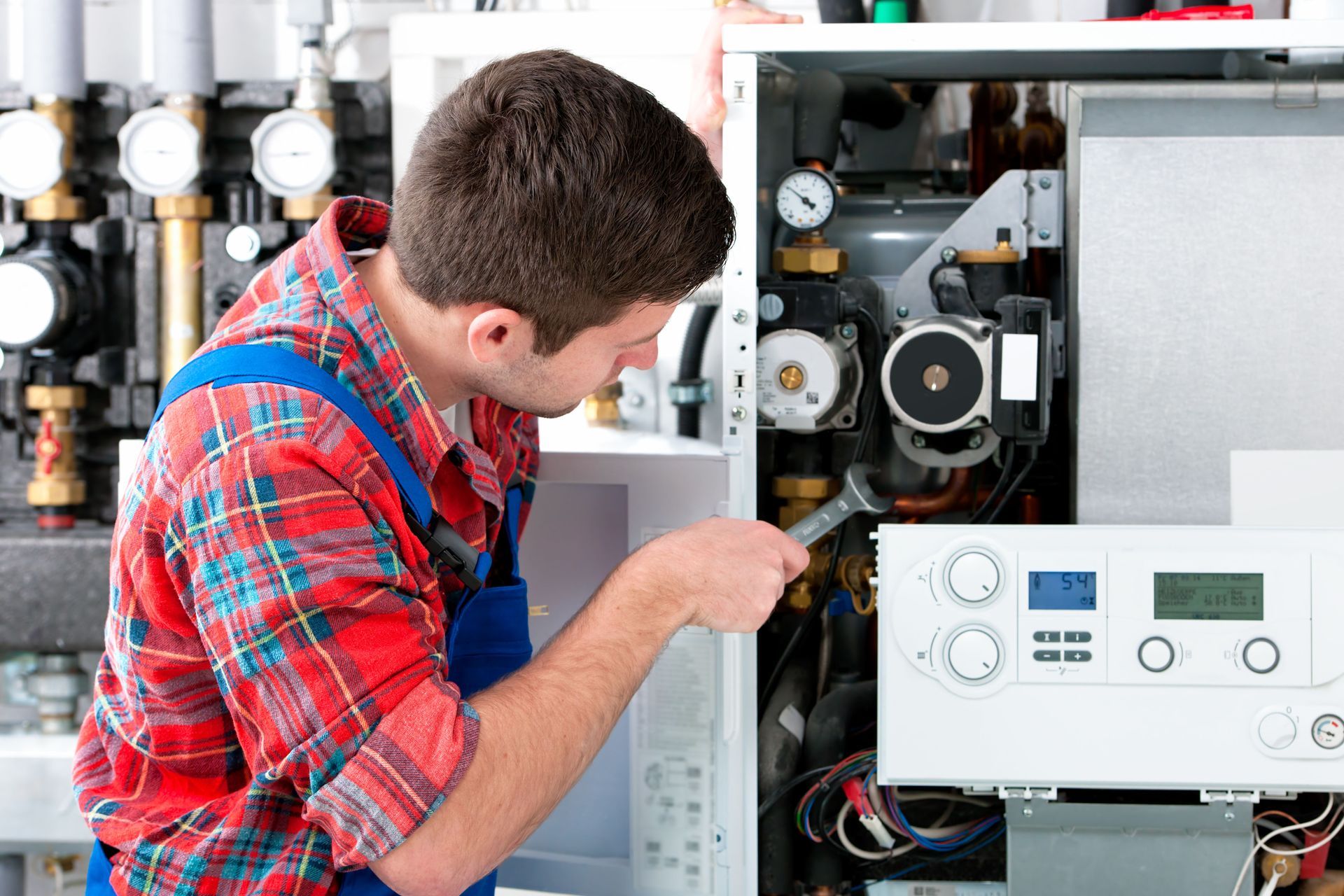
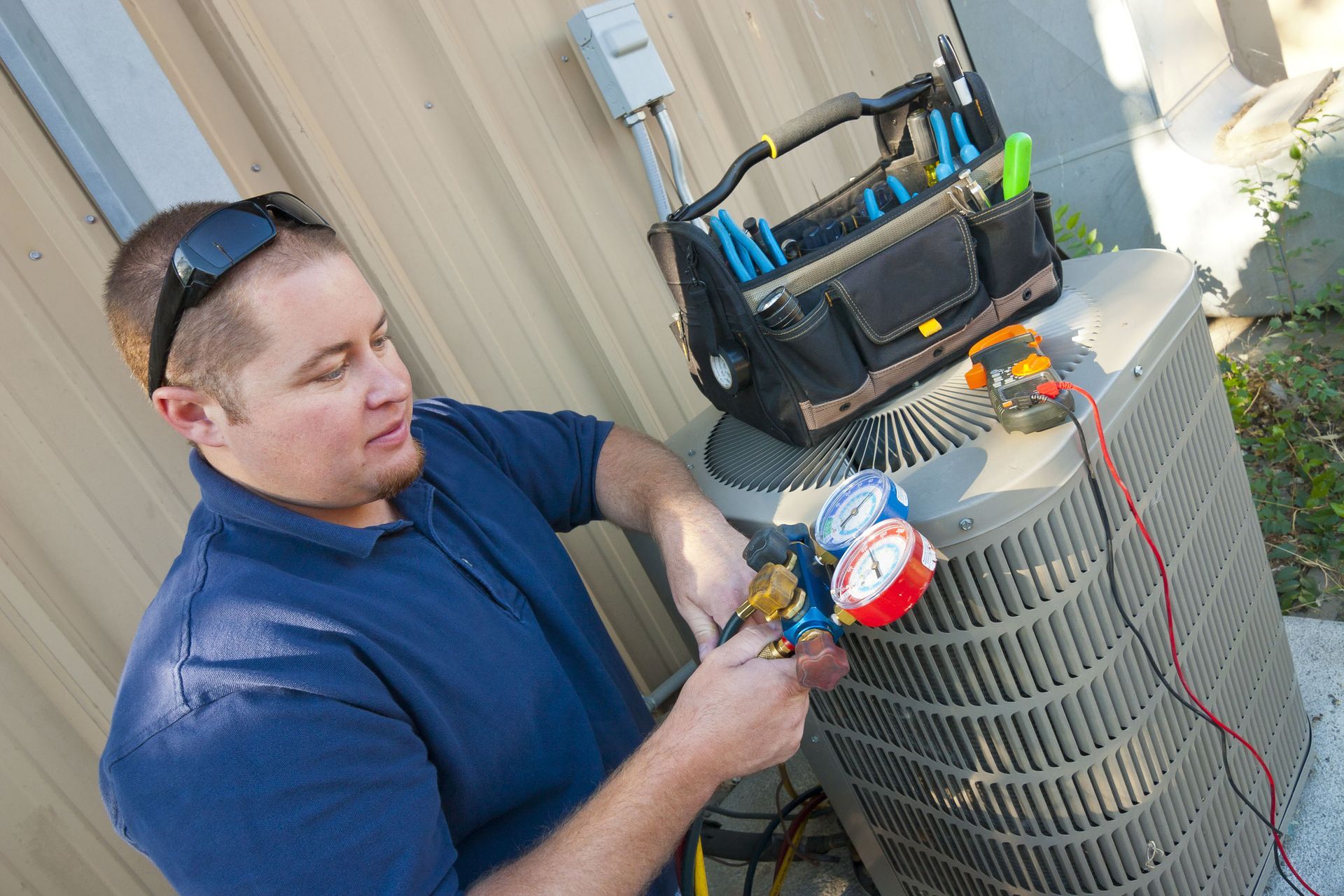
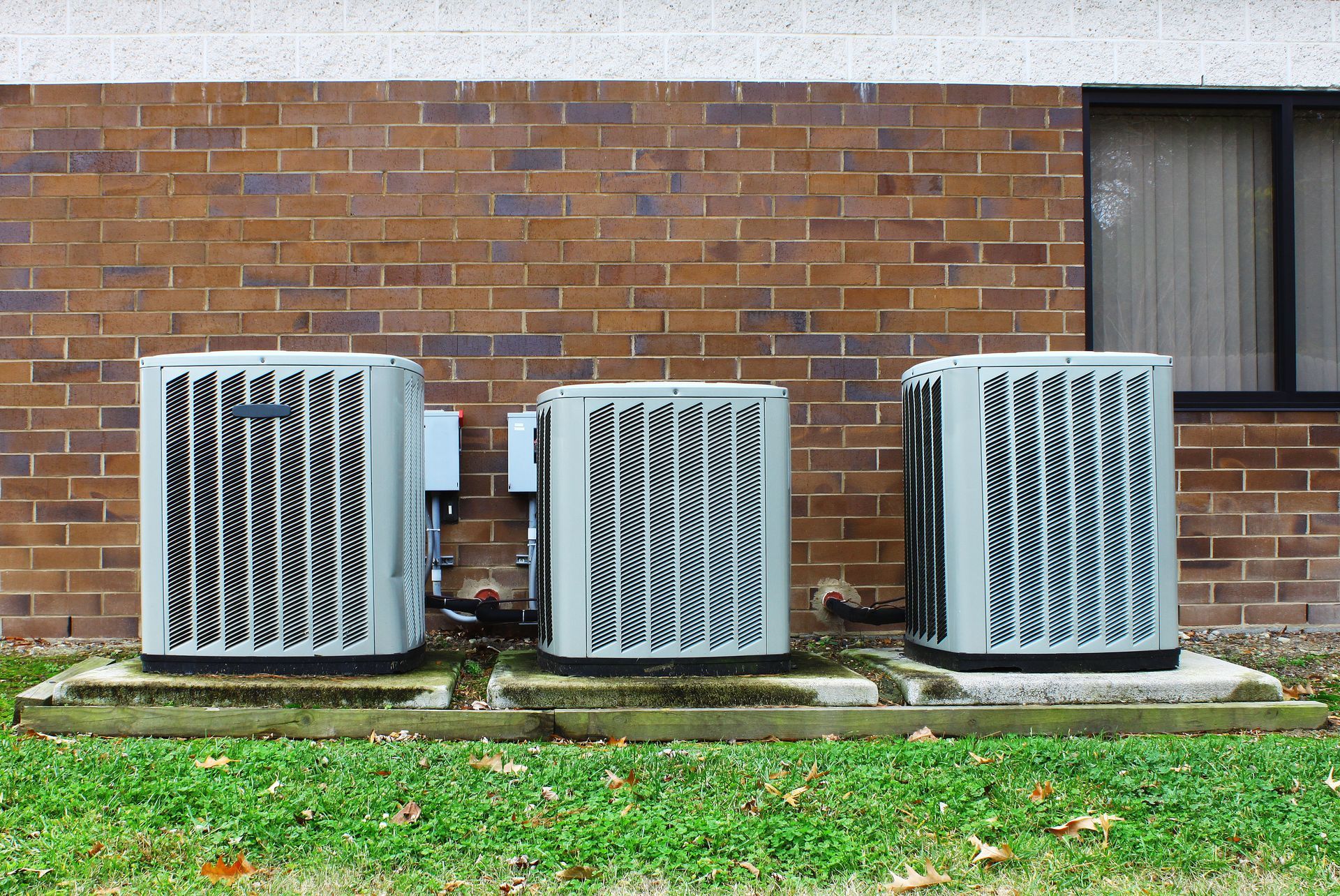


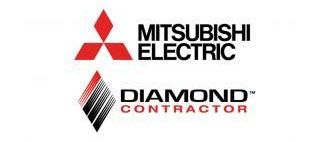

Share On: